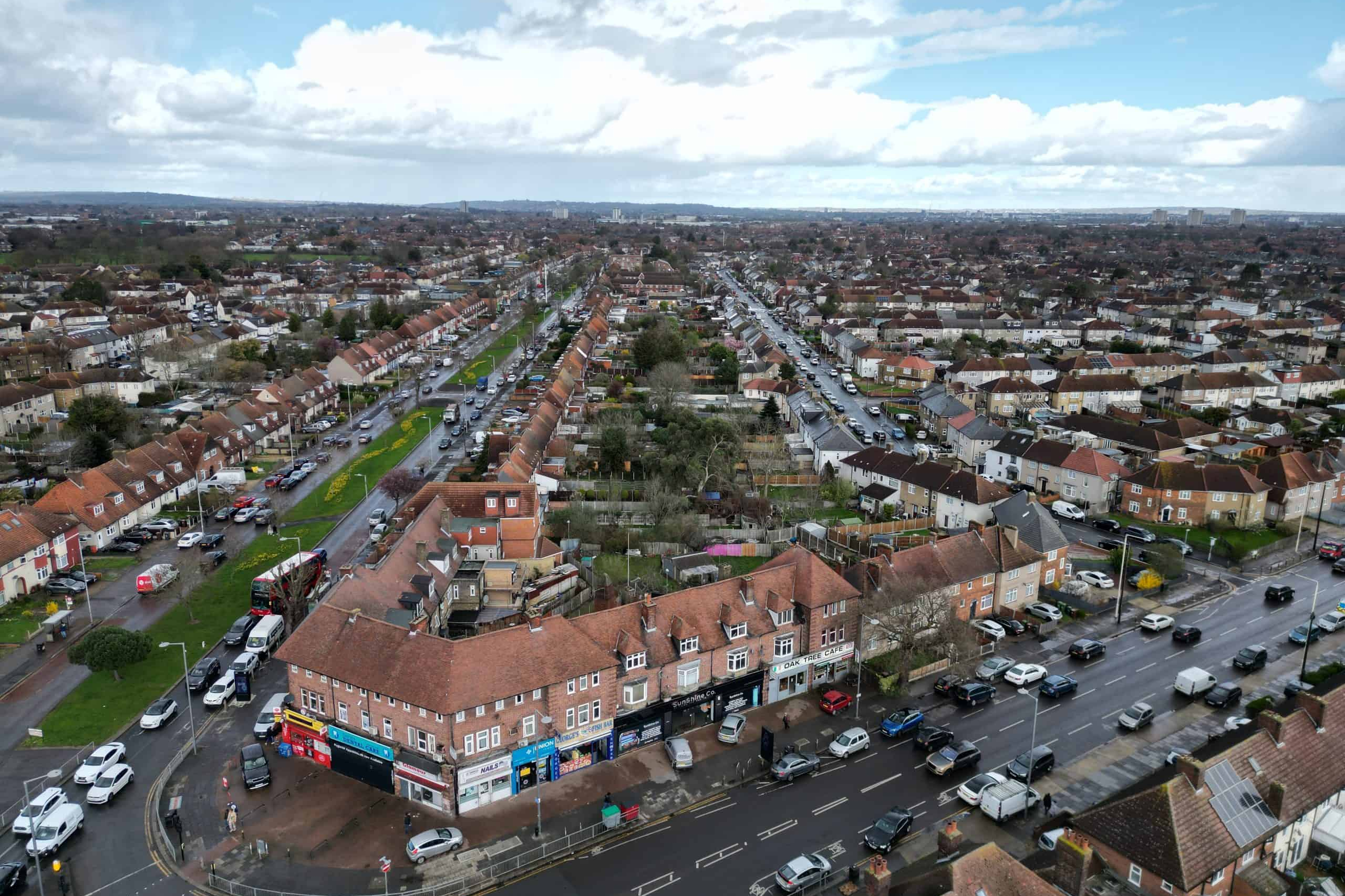What happened
The leisure firm was running a UK-wide series of family events.
Trouble arose when the company had to cancel one of its events at short notice because of a few practical glitches. The firm notified people who’d bought tickets, but one family claims not to have been told and turned up anyway.
The customer turned to her local press to vent her anger for her wasted journey and disappointed children – generating a story in print, online, on the radio and social media.
The media coverage, at first local-only, was way out of proportion with the facts. Despite having been given a full refund, an apology and free tickets to another event, the customer branded the enterprise ‘a scam’ and ‘a fraud’ — and all this had been published and broadcast.
The problem in this crisis was that the company turned to us for help a day after the media pieces had been published, not when the problems first arose or even when the media started calling. At this point, there was only so much we could do.
The results
We managed to persuade the editor to revise the initial online press story, toning it down and retracting parts that were misleading.
But, by this time, considerable damage was done. The initial story had already gained great momentum – sparking interest from The Sun, ITV news and others. We managed to persuade many of these not to run stories by putting facts straight and setting the situation in better context – but weren’t able to stop all of them.
It’s ironic that the angry customer’s purported motivation in going to the media was to prevent other families being disappointed by cancelled events … which was precisely what she made sure occurred.
Negative press coverage and social media comments snowballed – all appearing for anyone who Googled the firm — causing customers across the country to demand refunds and venues to cancel bookings.
Over the next 24 hours, the company had to pull the plug on more events — because of a lack of customers or venues, or both. A vicious cycle kicked in, with yet more negative media coverage from further cancellations spurring yet more customers to demand their money back.
Within 48 hours, the company had collapsed.
It’s a sad story, as the firm had nothing but good intentions. Its staff lost their jobs, its investors lost their money and its customers were all disappointed.
The firm was brought to its knees by a lethal cocktail of a hostile customer, scandal-hungry journalists and a management team that was far too slow to seek professional advice and take the issue in hand.
It’s a sobering lesson in how quickly you often need to act to manage a reputational disaster. You can sit on your hands and hope it will all blow over – and it might. But it might not. And what starts out as a relatively minor issue could quickly engulf you.
See more on our crisis communications services.











